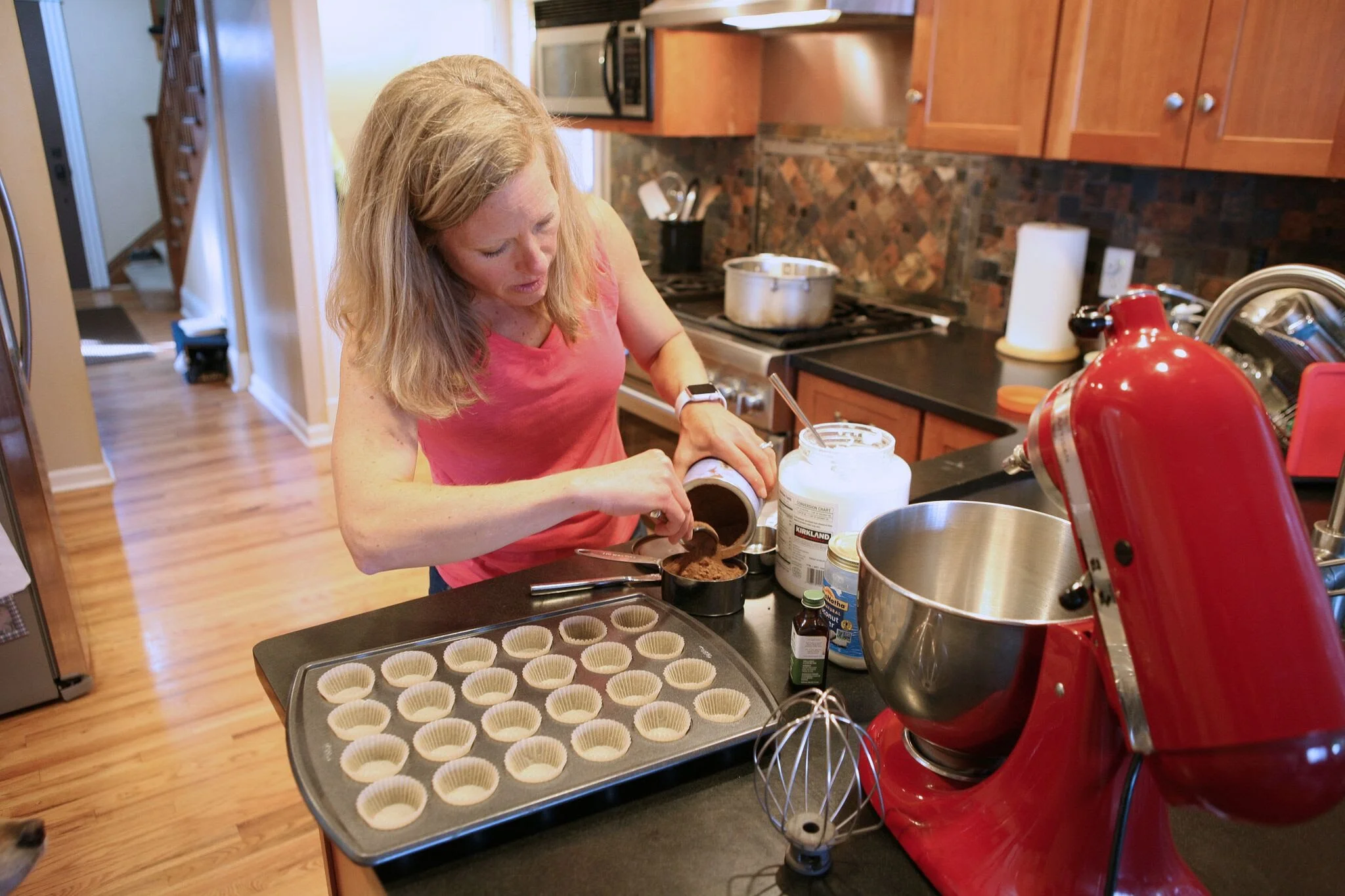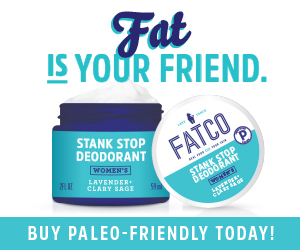Good Food, Bad Food
/Food has the power to help reverse and alleviate painful conditions and diseases. It can make the brain think more clearly. It has the power to make us stronger, faster and healthier. We also know that in today’s age of ultra-processed food, it has the power to contribute to chronic diseases, inflammation, mental and emotional issues and weight gain. But that’s not what this article is about.
I’m talking about the power we give food over our minds. Over our emotions. And eventually over our health. Rationally, I’m aware that food holds no morality. But we’ve been so indoctrinated into believing that certain foods are “good” and others are “bad” that it’s hard to not believe this on a deeper level. After all, what happens when we eat something “good” or “bad”? Does a salad make you an angel? Does ice cream make you a sinner? It’s easy to - subconsciously or not - believe this to be true. And what happens when one sins? You punish yourself of course.
Food has consequences - it can bring us joy and nourish us or it can bring us horrible digestive upset and make us feel ill. But it cannot inherently be “good” or ”bad”. Food is such an individual thing. Years ago I was a vegetarian and would have said that meat was bad. Today I’m a huge fan of sustainably and humanely raised meat because of the nutrients it provides us. To a vegan, a tomato may be the most wonderful food in the world. But to someone with an autoimmune disease, a tomato may be the cause of severe pain because, as a nightshade, it inflames them when they eat it.
N=1
If you’re not a science dork like I am, let me explain. “N” is shorthand for sample size..the total number of people in a study, an experiment, or a survey. YOU ARE YOUR OWN EXPERIMENT. Always be curious, question and discover how you react to different foods, in varying amounts, and in combination with other foods. I admit that I was scared to death of bananas. In my health circle, they had been labeled “bad”. Being insulin resistant, I was terrified of the negative affect a single banana could have on my blood sugar. Then I did Robb Wolf’s 7 Day Carb Test from his book, Wired to Eat and I realized that not only did I have an incredibly low blood glucose reading 2 hours after eating 50g of essential carbohydrates from bananas, but I felt great.
HOW you eat can also be just as important as WHAT you eat. Take 2 people. Let’s call them Sally and Maddie. Sally is a carefree spirit who is pretty happy with life. She enjoys food but, most important to her, she enjoys the people and the situations in which she eats. Recently, while away on a girl’s weekend, she and her friends stumbled upon a gourmet donut shop. These were not the Dunkin Donuts of her youth! Sally ordered the “Obi Wan Cannoli” - a delicious doughy shell filled with a made-from-scratch cannoli pastry cream and topped off with a house cannoli dough crumble. She enjoyed it, in the company of good friends, guilt-free.
Maddie is a foodie, and loves the science behind food. She just read an article about canola oil and how it’s not the “healthy” oil it’s touted to be. She learned that close to 90% of canola oil is genetically modified, it’s partially hydrogenated which can cause inflammation and calcification of arteries, and can stunt normal growth in infants due to its euroric acid content which infants can’t break down. While dining out at new, local, natural restaurant with a friend she orders a kale salad. It’s so delicious she asks the waitress for the recipe. The waitress obliges and writes down the recipe which includes...dum, dum, dum...canola oil. Maddie’s heart drops, her appetite is gone and she’s remorseful of what she just ate.
Can you see the difference? How a “bad” donut could actually be better metabolized than a “good” kale salad?!
No, I’m not saying that you can eat all the donuts you want as long as you’re happy and guilt-free about it. Remember that whole “food has consequences” thing? But ditching the belief that foods can be bad or good and believing that food can be your friend will not only get you off the path of self rejection and self attack but it will help your metabolism. How? When we’re RELAXED, we’re better able to metabolize our food. When we’re stressed, this is what happens…
- Nutrient absorption is decreased
- Nutrient excretion of calcium, magnesium, potassium, and zinc is increased
- Muscle mass is decreased
- Insulin Resistance is increased
- Thermic Efficiency (your ability to burn calories) is decreased
Basically, your digestion slows down or stops when you’re stressed. And thinking that certain foods are bad will stress you out. It’s that simple.
So, now what? It’s one thing to know what to do, it’s another thing to put it into practice and actually believe it.
TRY THIS AT HOME:
- Take 5 -10 deep, slow breaths before you eat.
- Write down a list of negative beliefs you have about certain foods. For example, “Chocolate makes me fat”. Replace those negative beliefs with more metabolically inspiring ones like, “I let go of my fears about weight” or “I can choose to eat chocolate or not eat chocolate. Made wisely, either can support my health”.
- Write down all the foods that you believe are healthy for you and you enjoy. Include 3 of these foods in your meals each day.
- Write down all the foods that you consider forbidden but bring you pleasure. Eat one or two of these foods and notice how you feel. Eat slowly, relax and release all guilt.
And most importantly remember that this is a process. It’s taken years to build up our beliefs about food, it’s going to take more than a week or two to unravel. Give it a try. You may learn how to relax into a forbidden food, but you also may gain some wisdom that you never knew you had as you realize what foods bring you joy without the stomachache!












